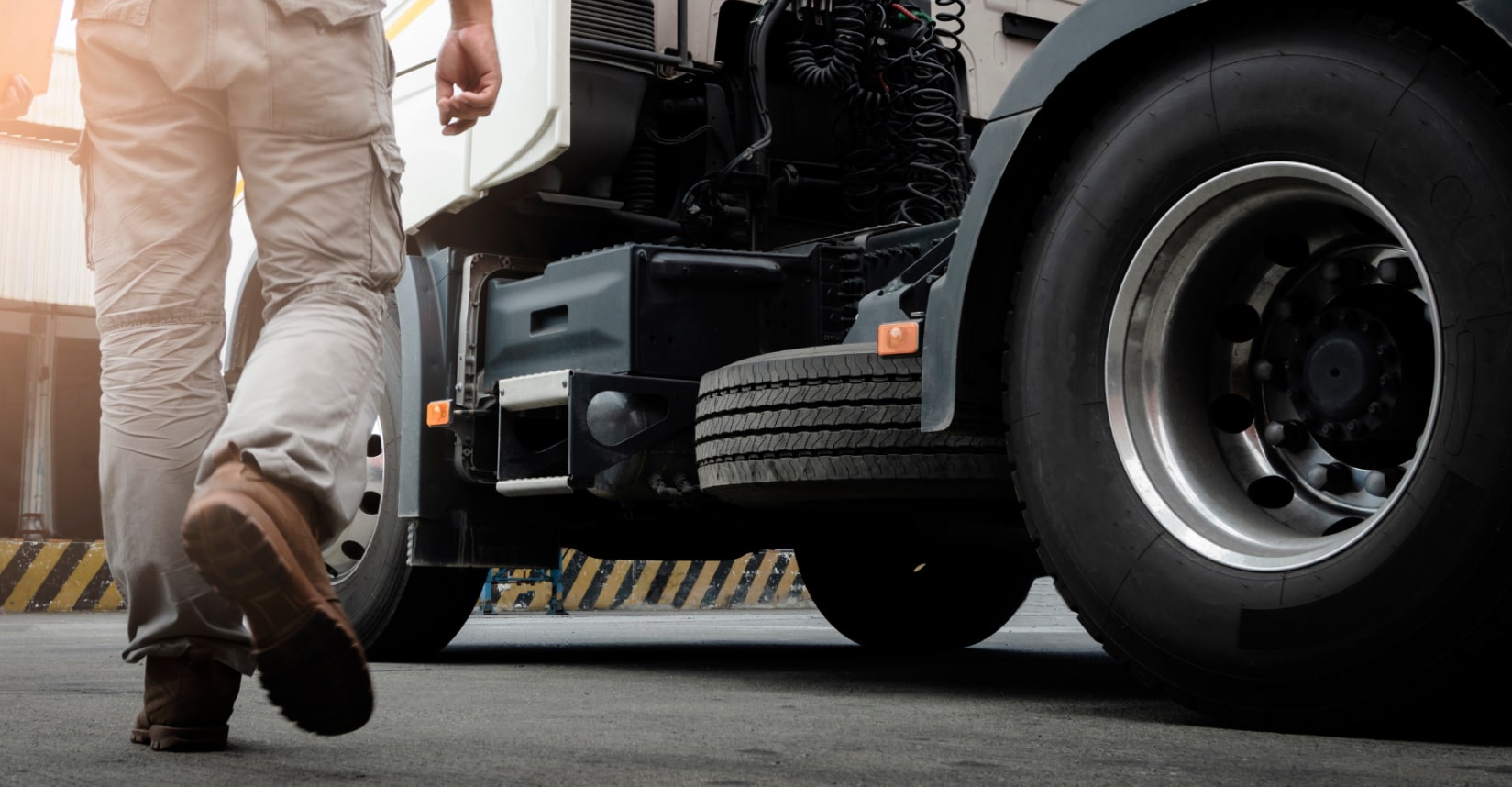

Common Freight Terms Glossary
In the field of logistics, certain terms are used in communication with the client and the carrier, often make communication easier. The most frequently used terms are as follows:
An individual who arranges the transportation of shipments in their own name, but on behalf of the principal, sender - client, for an agreed fee.
The owner of vehicles or an individual who gathers goods for vehicles to execute transportation
Transporting cargo from point A to point B
The act of transporting or conveying.
Express or rapid transport, which requires the quickest possible execution, transport, and delivery. It often has a scheduled loading/unloading time.
This serves as a confirmation of shipping and price; a transportation agreement.
1. The location where goods are loaded 2. The act of loading goods
1. The location where goods are unloaded 2. The act of unloading goods
The process of loading goods into a vehicle that already has some cargo loaded. In this type of transport, the client usually pays only for a portion of the vehicle. In this case, one vehicle can be loaded with goods for multiple clients.
A system of gathering goods from different locations and different clients, which are then taken to a central warehouse and from there to various locations.
The number of meters occupied by loaded goods on a vehicle with a standard vehicle width of 2.40 m. If the vehicle is less than 2.40 m wide, it is always necessary to know the exact number and dimensions of the pallets to be loaded. This is especially true for certain types of vehicles such as the Avie, as the older ones are only 2.20 or 2.35 m wide.
The ability to bear a certain load, i.e., the weight the vehicle can carry.
A wooden mat or platform for moving or storing goods. We most commonly use 3 types of pallets: 1. EWP europallet (1.20 x 0.80) 2. Industrial pallet (1.20 x 1.00) 3. IBCS (1.20 x 1.20)
An abbreviation for dangerous goods. If dangerous goods such as explosives and flammables are being transported, these goods are subject to the ADR regulation, which is uniformly applied across Europe. The sender must decide whether the goods are subject to the ADR decree or not, and we must have this indicated at the time of their order, specifying the type of ADR. The freight forwarder's task is simply to pass this information on to the carrier. A carrier who has trained drivers and modified their vehicle, including the mandatory vehicle equipment for the transport of dangerous goods, can determine according to the ADR class specified and what kind of dangerous goods are involved. ADR is divided into 9 basic classes.
A type of transport that requires special permits for each state, and sometimes a police escort is also required.

WE MOVE THE WORLD BETTER
No Compromises in Logistics: We Deliver Speed, Quality, and Reliability
Reach out to us via call or email, and we'll provide the perfect solution for you.
DELIVERY QUOTE WITHIN 15 MINUTES.
